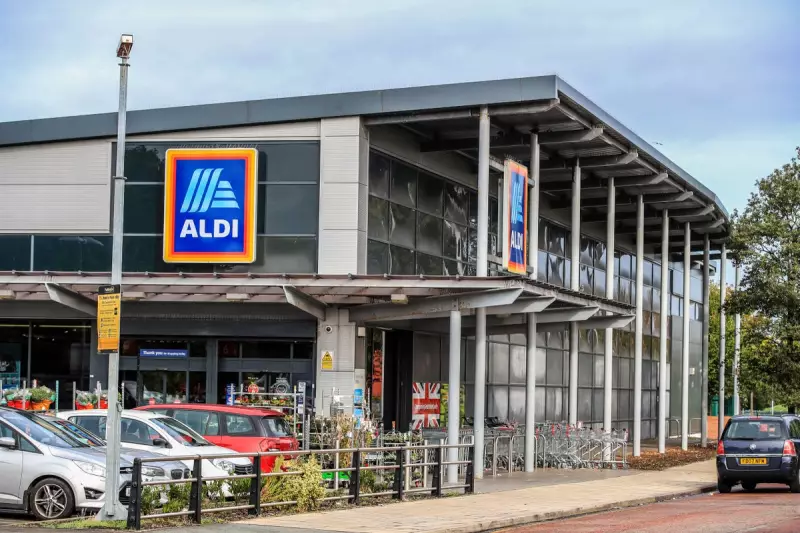
The fierce battle for the wallets of Irish shoppers has reached a new intensity. German discount giants Aldi and Lidl have launched a fresh volley of price cuts, significantly reducing the cost of everyday essentials in a direct challenge to traditional market leaders.
Aldi Ireland has announced a substantial investment into slashing prices across over 200 products. This move is a strategic effort to cement its position as Ireland's lowest-priced major grocer. The cuts are not minor adjustments; they represent a serious commitment to driving down the cost of living for its customers.
What's Getting Cheaper?
Shoppers can expect immediate relief at the checkout on a wide range of staples. The price reduction campaign targets the very items families buy most frequently, ensuring the savings are felt widely. Key products affected include:
- Dairy: Milk, butter, and cheese.
- Bakery: A variety of bread and baked goods.
- Pantry Staples: Items like pasta, rice, and canned goods.
This aggressive strategy is a clear response to the ongoing cost-of-living crisis, with Aldi stating its mission is to deliver unbeatable value.
Lidl Fires Back
Not to be outdone, Lidl Ireland has simultaneously announced its own wave of price reductions. This tit-for-tat manoeuvring confirms all-out price war is underway. Lidl's cuts also focus on high-volume products, ensuring they remain competitive on price perception.
The timing of these announcements is critical. With household budgets stretched thinner than ever, the discounters are leveraging their value-focused reputations to attract customers who are increasingly price-conscious.
The Bigger Picture: A Squeeze on Traditional Supermarkets
This coordinated offensive places immense pressure on the established duopoly of Tesco Ireland and Dunnes Stores. The discounters' relentless focus on low overheads and efficient operations allows them to engage in a price battle that others may find difficult to sustain.
For consumers, this competition translates into tangible benefits—more money saved on the weekly shop. For the wider grocery market, it signifies a permanent shift. The discounters are no longer niche players; they are central protagonists forcing the entire industry to compete on price and efficiency.
The coming months will reveal if Tesco and Dunnes respond with price-matching promises or choose to compete on other factors like loyalty schemes and product range. One thing is certain: the Irish grocery sector is now a fiercer battlefield than ever.





